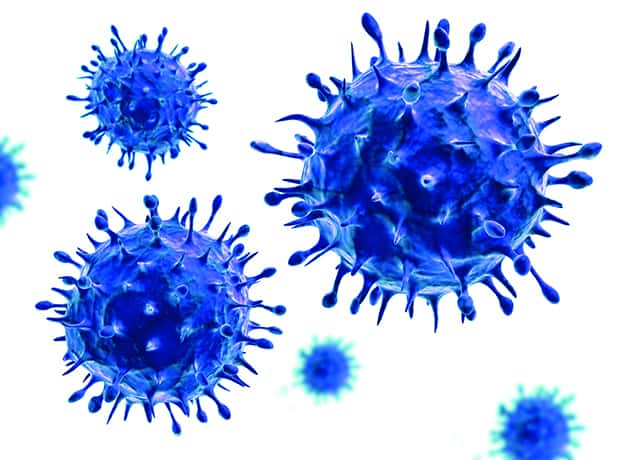Findings of the PARTNER study, the world’s largest study of people with HIV who have had condomless sex with their HIV-negative partners, lend further weight to the use of antiretroviral therapy as a means of preventing infection with the virus.
The study, conducted by investigators from the University of Liverpool, University College London, Royal Free NHS and Rigshospitalet, found that neither gay men nor heterosexual people with HIV transmit the virus to their partner provided they are on suppressive antiretroviral treatment.
The study included 888 couples from 14 different European countries in which one of the partners was on effective treatment for HIV. Of the 888 couples, 548 were heterosexual and 340 were gay men, and all had sex regularly without using a condom.
According to data, garnered from several years of monitoring these couples and published in the Journal of the American Medical Association, there has not been one instance of virus transmission.
Professor Jens Lundgren from Rigshospitalet, senior author of the study and head of CHIP (the Centre for Health and Infectious Diseases), said the results “clearly show that early diagnosis of HIV and access to effective treatment are crucial for reducing the number of new HIV cases. As soon as a patient with HIV is on treatment with a suppressed viral load, the risk of transmission becomes minimal.”
Results from the second part of the PARTNER study, which will only monitor gay men, are expected in 2018.










